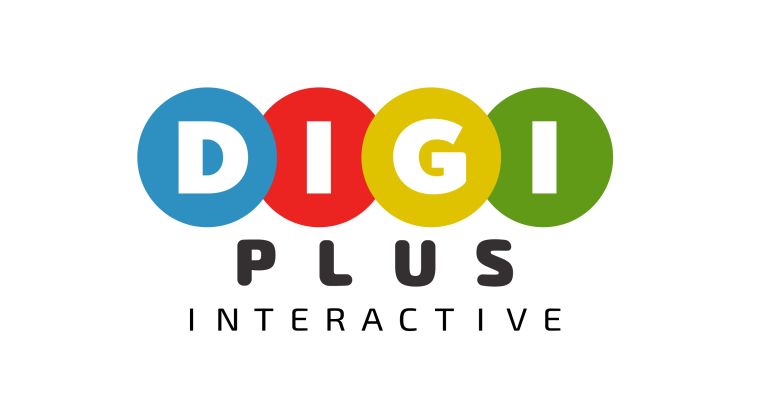
DigiPlus Interactive Corp, a Philippines-based gaming and technology firm behind brands like BingoPlus, ArenaPlus, and GameZone, has announced plans to submit license applications in South Africa. According to filings with the Philippine Stock Exchange, the company will target three types of permits under the oversight of the Western Cape Gambling and Racing Board (WCGRB): a National Manufacturer License, a Bookmaker License, and a Bookmaker Premises License — alongside securing key employee licenses to support its operational leadership. DigiPlus says the licensing process will span at least six months.


To comply with local rules and facilitate regulatory approval, DigiPlus is establishing a South African legal entity, allowing foreign ownership and directorship in line with WCGRB policies. The company emphasizes that beyond formal compliance, it wants to localize its products—connecting “deeply with culture and community”—and position itself as a responsible operator in Africa’s most advanced regulated online gambling market. DigiPlus sees South Africa not simply as a new market, but as a gateway to the continent’s broader digital gaming future.
The move comes as DigiPlus continues to expand globally, following its planned launch in Brazil set for September 2025. In the Philippines, the company faces mounting pressure amid calls to ban or tighten regulation of online gambling, and its stock has seen volatility in light of growing regulatory uncertainty. By contrast, South Africa’s market is viewed as stable and growing. DigiPlus projects the local online betting industry to be valued at around USD 1.6 billion, with expected annual growth of about 5%, propelled by strong mobile adoption and demand for live sports betting.
The announcement triggered a positive market reaction: DigiPlus shares reportedly saw gains following news of the South Africa license filings. If successful, the expansion could help the firm diversify beyond Southeast Asia and Latin America into a regulated African market. However, challenges lie ahead: meeting South Africa’s probity and technical testing requirements, integrating localized offerings, and mitigating risks stemming from regulatory shifts in its home market.


 Content Writer: Janice Chew • Wednesday, 25/09/2025 - 17:34:56 - PM
Content Writer: Janice Chew • Wednesday, 25/09/2025 - 17:34:56 - PM